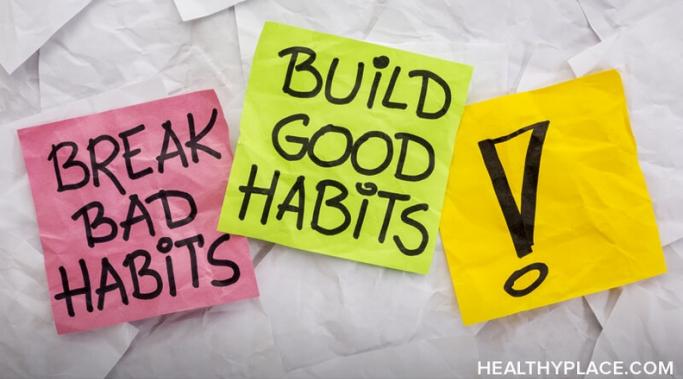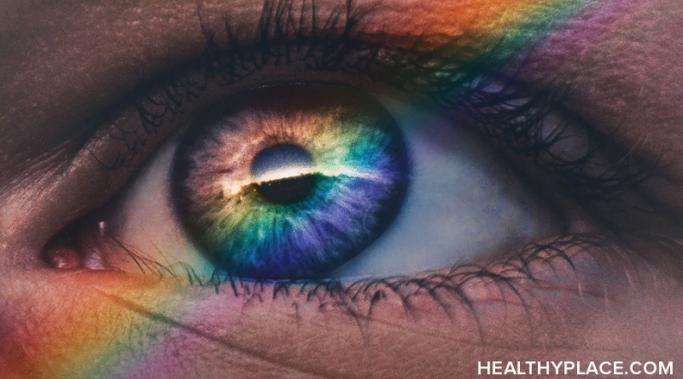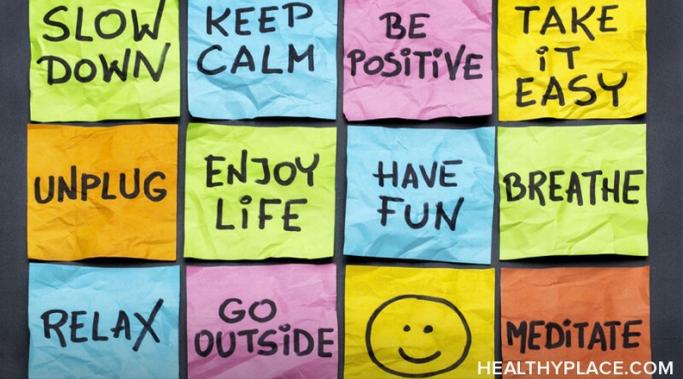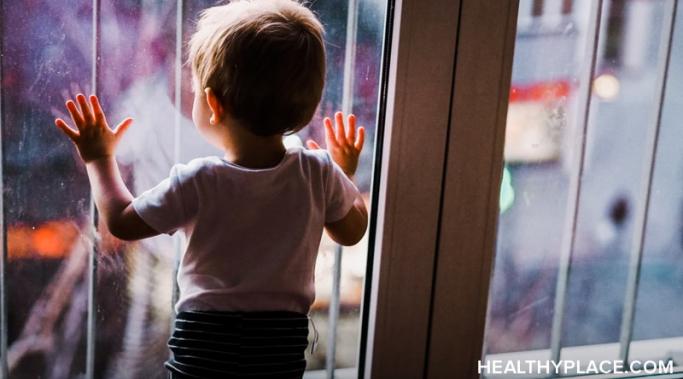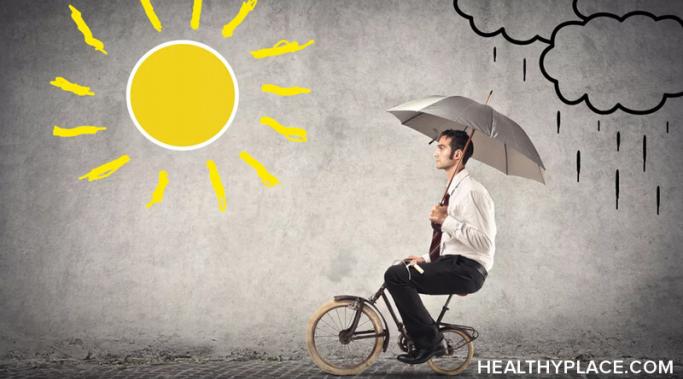Sleeping with purpose has worked wonders regarding my nightmares associated with posttraumatic stress disorder (PTSD). I struggled for years to obtain restful sleep due to nightmares and flashbacks related to my PTSD. I learned that being present before sleep at night allowed my mind to rest emptily and instead of it being full of thoughts. Here are some ways that helped me, and hopefully will help you, in being active and present in my sleep or sleeping with purpose.
Mindfulness
I need grounding techniques because I carry a diagnosis of posttraumatic stress disorder (PTSD). This diagnosis has many symptoms that I have struggled to gain control of over the years, the most prevalent being my severe anxiety.
The holidays can be a difficult time for those struggling with anxiety or other mental health issues. Those in our lesbian, gay, bisexual, transgender, queer, intersex, asexual, etc. (LGBTQIA+) community struggling with anxiety have an added layer of difficulty during the holidays. I haven't celebrated a holiday with my family in many years. This is due to both my sexual orientation as well as my difficulties with mental illness. For those LGBTQIA+ individuals who have no ties to their family or a strained relationship with family, this time of year can be less than joyous. How can we rally to help our LGBTQIA+ mental health community feel more included?
Anxiety makes me ache because it leads me to hold tension in my shoulder and neck area. My anxiety is a frequent occurrence in my life. This means these muscles are tense regularly and have an impact on my physical relaxation. I have used meditation and mindfulness for many years to provide relaxation for my mind. These techniques leave my mind relaxed, but my body tense after moments of anxiety.
My anxiety presents itself to me in many physical forms. I can pinpoint the exact onset of an anxiety or panic attack if I pay attention to my body's signals, using a meditative body scan, to help prevent the discomfort.
How to help your child cope with autistic meltdowns is a question for many parents. Recently, on a message board for autistic adults and allies, a parent asked for some advice on helping her child with his autistic meltdowns. While these sorts of groups and message boards weren’t around when I was young, I sure wish my mom had done this sort of thing when I was a kid.
As an autistic person, I have been told many times that I am “sensitive.” My whole life, the smallest of inconveniences or changes in plan can bring me to tears. Getting stuck in the rain would cause a full meltdown. I’ve even had a doctor dismiss my symptoms and tell me “you’re just too sensitive.”
tneely
It's important to honor our feelings, to treat them with respect and to not judge ourselves for having them. Even embarrassing feelings, or hateful ones, or angry ones. We can honor our feelings without acting on them immediately because when you own your feelings, you have self-discipline and can allow feelings to pass in and out of you until you feel ready to act on them. Or not. Learning to honor our feelings teaches us to honor ourselves.
tneely
This time of year, everyone but me seems to be in the “New Year, New Me” spirit. Sure, the phrase is catchy enough; but I like who I am just fine and I have no interest in continuously obsessing about my weaknesses, failures and limitations. For me, self-acceptance is the way to grow.
On the surface, I don’t see anything wrong with having the desire to grow and improve yourself. And I know that the desire to be a better you doesn’t necessarily mean that you don’t like who you are at the moment. But for those of us struggling with self-acceptance, “self-improvement” can become just another hammer to beat ourselves over the head with.
tneely
Each new year, I believe the universe gives us an opportunity to reflect on the year passing and to set new goals or intentions for the year ahead. The goal-oriented overachiever in me had a love/hate relationship with this time of year because no matter how great my achievements for the year, I always came away feeling like I failed in some way. As atonement, I would vow to “do more” and “be better”. At the beginning of 2012, after approximately 4 months of intensive treatment for my never ending panic and anxiety, I gave up on goal setting and instead set intentions for the new year, the most important of them being to practice better mental self-care.

